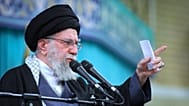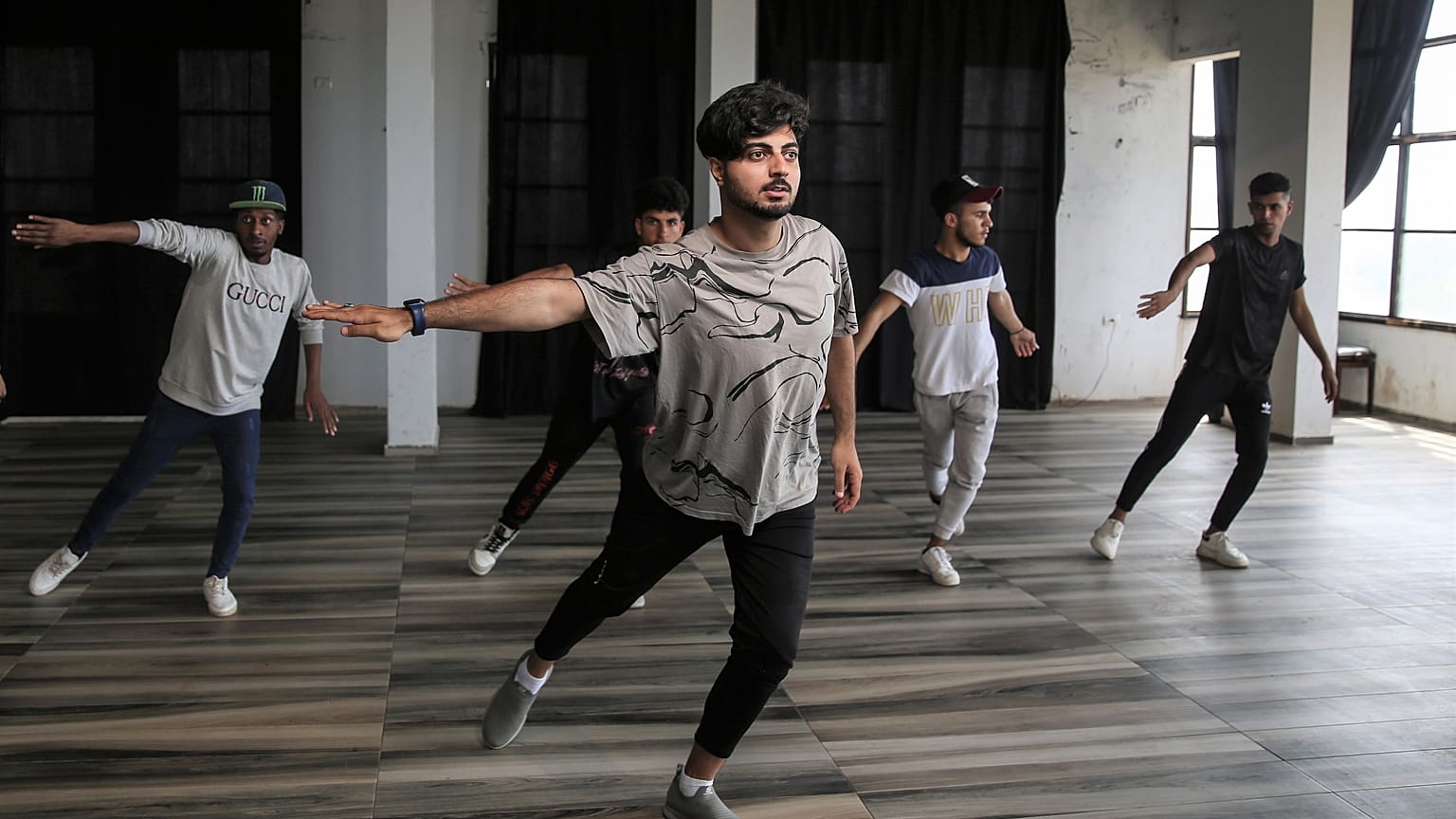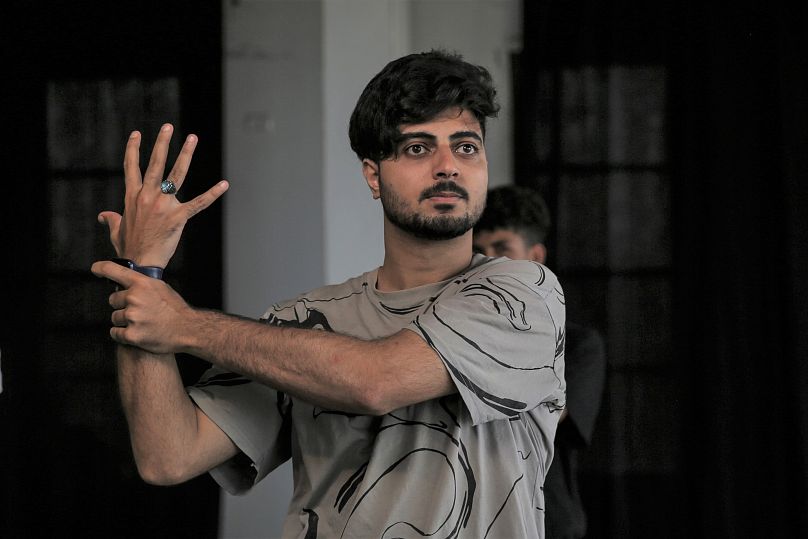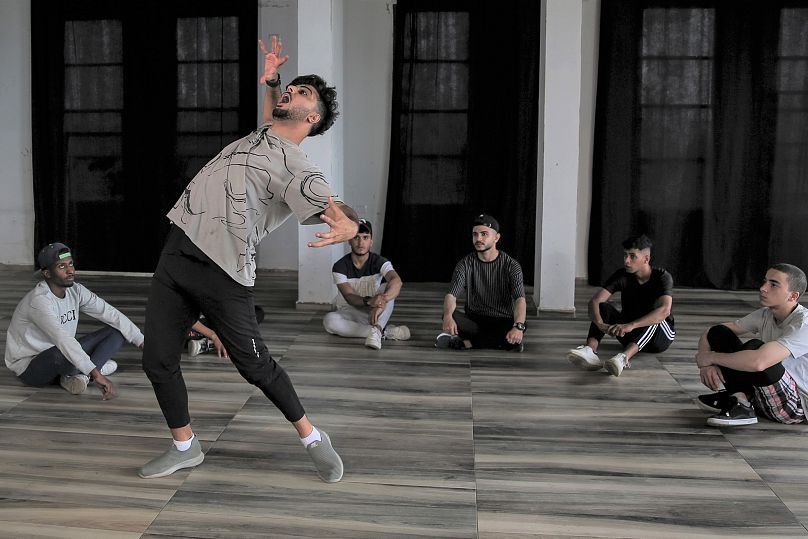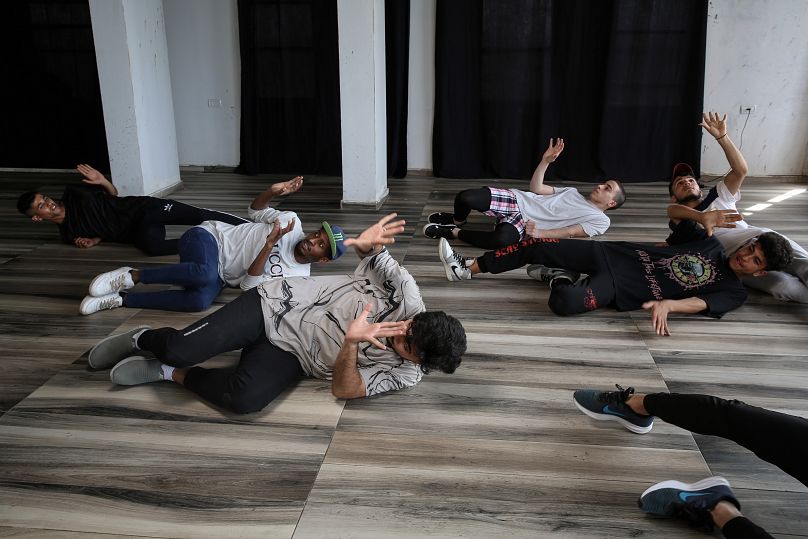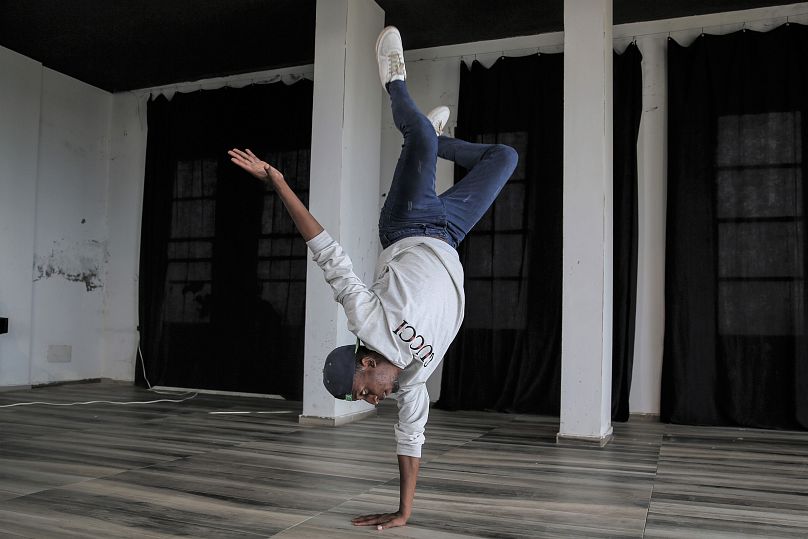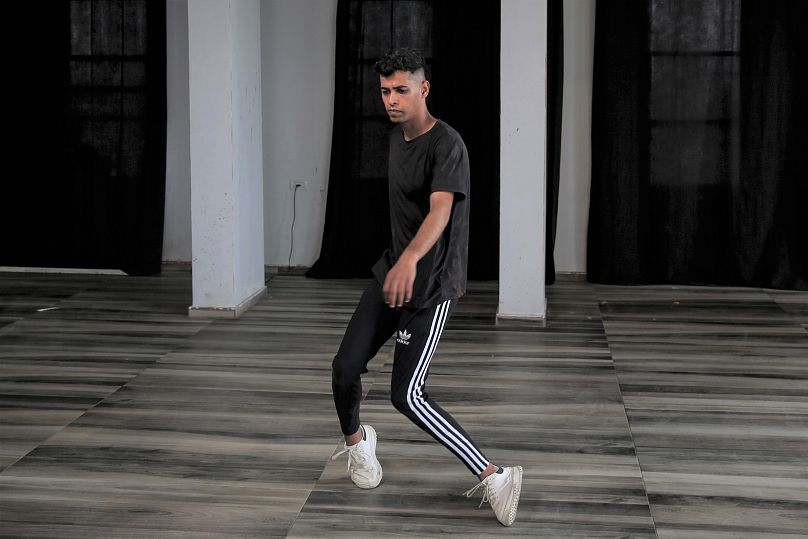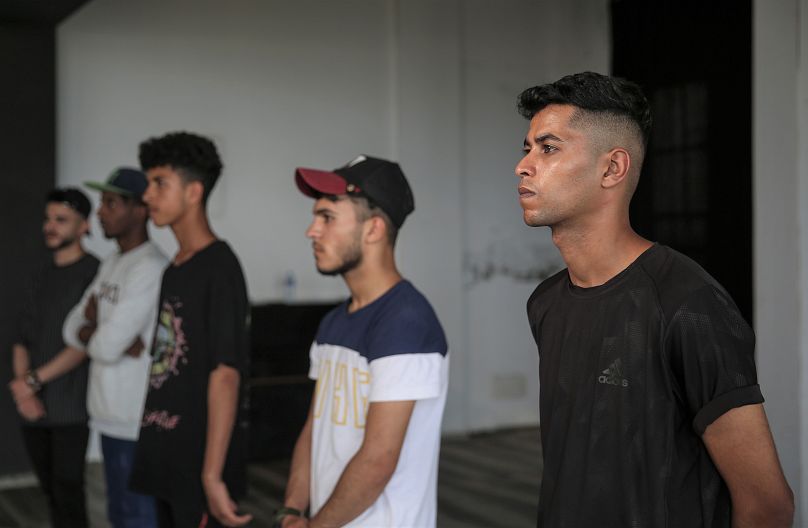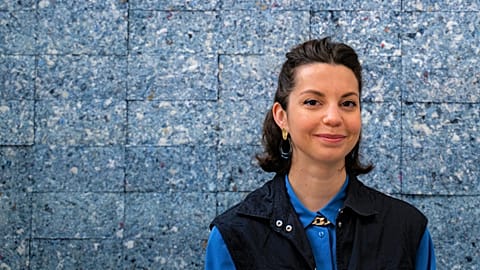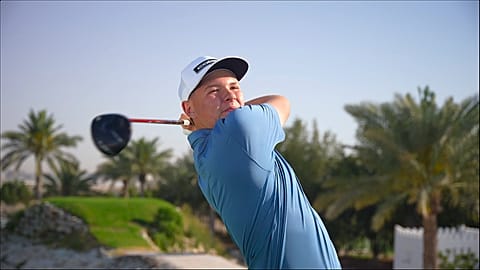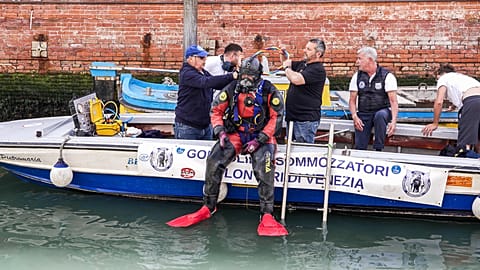In partnership with Media City, Qatar
SCENES shines a spotlight on youth around the world who are breaking down barriers and creating change. The character-driven short films will inspire and amaze, as these young change-makers tell their remarkable stories.
In Gaza, amidst a backdrop of turmoil, blockade, and displacement, a talented group of performing artists have come together to showcase their talents on stage.
During his childhood, Mohanad Smama developed a love for music and dancing. He would spend hours watching dancing videos on his computer. Over time, his fascination with these videos grew into a desire to pursue a performing arts career.
"I started to research and try out the dance steps I found. I felt that this is the field where I can express my movement, my thoughts, and my stories", says Mohanad. The arts scene in Gaza had all but faded out due to the blockade.
For Muhannad, he needed to figure out what to do with all the knowledge he had gained. So one day, he had the bright idea to revive the art scene in Gaza by creating the 'Hai' team for contemporary Arts.
Uncommon Field
As an artist living in the Gaza Strip, Mohanad faced numerous challenges when he first began performing, particularly in relation to religion, politics and culture.
His siblings criticised him at home for incorporating Western dance styles like hip-hop and pop into his routine.
He felt his work was being misunderstood, so he decided to incorporate more of his own culture. "I started using the stories as well as the issues that we experience in Palestine. I presented them in a way that makes it understood by the environment in which I live in, in order to attract people," explains Mohanad.
Declining Interest
Mohanad reveals that establishing the 'Hai' Contemporary Arts Team stems from believing the people around him needed a stimulating creative outlet to take them away from their troubles, even for a short while. In Arabic, the word 'Hai' means 'Alive', and he says the aim was to pump new life into Gaza's decaying arts scene.
"This is where our role came in, stressing the necessity for local, regional, and international communication between artists and the people," explains Mohanad. "We have qualified professionals to help this field in Gaza and keep this art going for children and adults," he adds.
"The idea was clear to us and the people we brought together, and we are working on spreading culture and awareness through this art", echoes 29-year-old Mohamed Ebaid, the captain of the 'Hai' team.
The Hai team prefer to be known as contemporary artists rather than dancers, as they believe their movements convey artistic storytelling.
The Art of Healing
The 'Hai' team members utilise their craft to generate income and as a therapeutic tool to express themselves and their struggles to the general public. "Contemporary dance helps my entire body say what I want to say. I take it as a sport and a hobby," says Mahmoud Zawaideh, an 'Hai' team member.
Contemporary dance plays a vital role in Mohanad's mental health. He told SCENES that it has helped him overcome emotional distress and allowed him to explore his senses, feelings, and the connection between his mind and body.
According to Mohamed Ebaid, the captain of the 'Hai' team, theatrical kinetic art has a wide appeal. It can convey messages and address social issues simply and effectively to a large audience. Mohamed says this makes it an excellent tool for quickly promoting ideas without using words.
The Global Stage
"We had opportunities for our team to participate in international tournaments, but there were obstacles," says Mohanad, "There was no proper coordination because we are in the Gaza Strip. We are now coordinating deliberately so that we can participate in international forums."
The positive comments the Hai team receives far outweigh any negativity they have faced. The team is dedicated to sharing their stories and struggles with audiences within and outside of Gaza.
The Palestinian city of Ramallah will be their next stop as they showcase their debut film, "The Number", at the 'Sariyat Ramallah Festival' in 2023.

